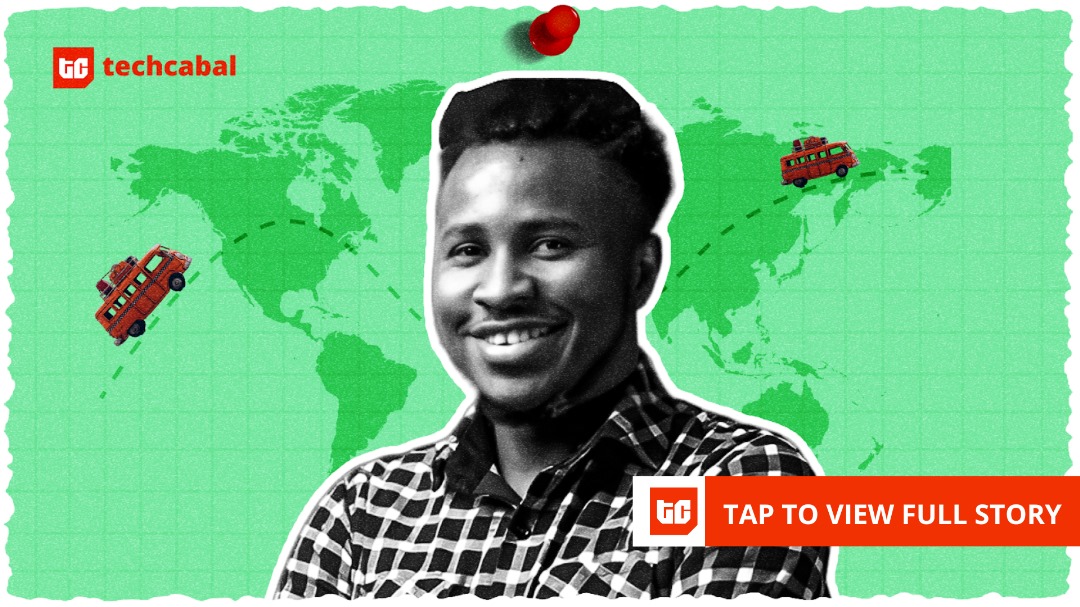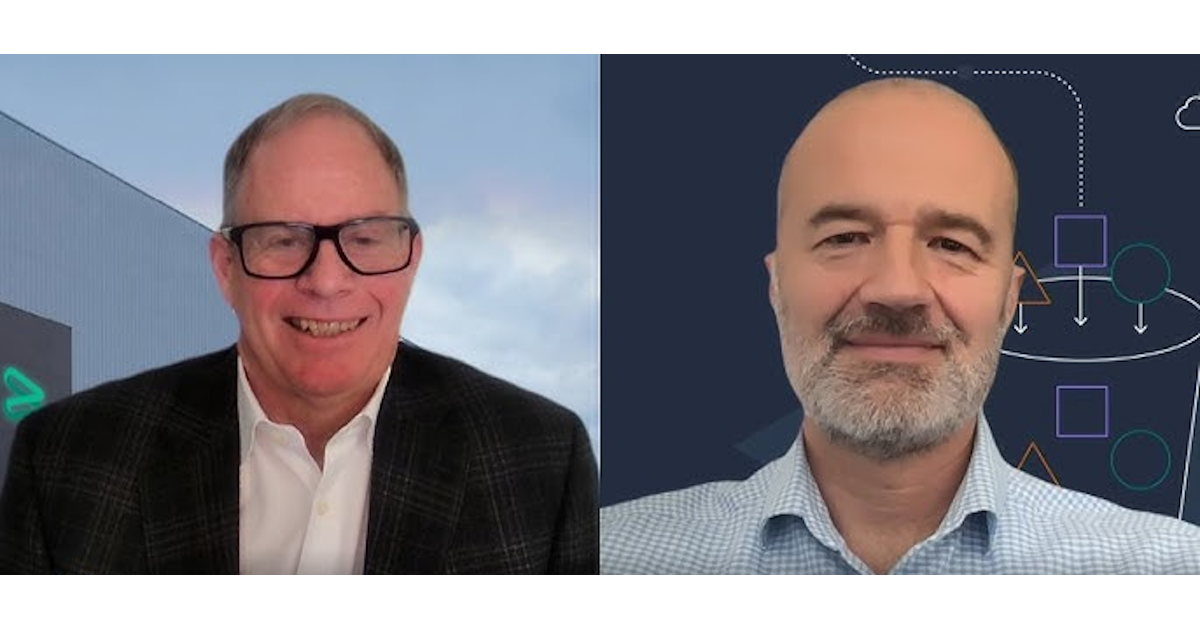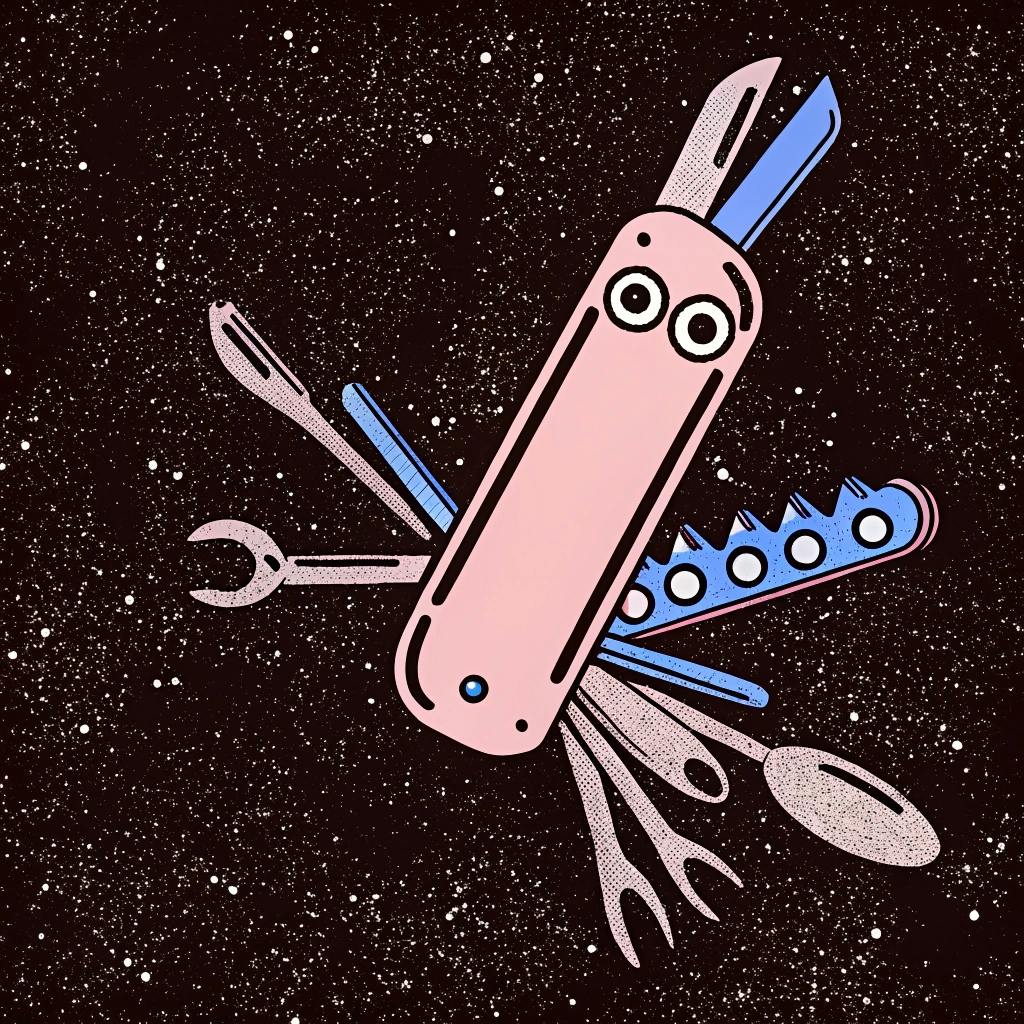It was a chilly winter morning in Freiberg, as God’sfavour Ikwuka sat by the window of his studio apartment, staring at the skyline he still didn’t know the German word for. He had come to Freiberg, Germany, to study mining and remediation, hoping he’d land a role in the sector.
Mining is an in-demand non-tech field in Germany. Although the country now produces only about 1% of the world’s coal, it has shifted tack toward minerals and resources that support its automotive-heavy economy, particularly those needed for electric vehicles (EVs), like lithium.
This transition has kept mining studies relevant, with universities like TU Bergakademie Freiberg and Clausthal University of Technology attracting students from around the world. Many courses are taught in English, though speaking German remains essential for finding mining work, since most companies and projects operate in the local language.
It was February 2019—five months after Ikwuka had arrived in Freiberg for his studies—and he had yet to earn a single euro. He had come to Germany on a study visa soon after finishing college in Nigeria, making a contrarian bet on himself. An engineer, Ikwuka had a clear plan to build a career in one of three industries: oil and gas, banking, or telecoms. He was already pursuing the second path when the chance to study in Germany came.
“A lot of my friends worked in telecoms and were doing alright,” said Ikwuka. “I believed I could make it in the Nigerian banking sector. I was already working at Ecobank as a graduate trainee before I left. But I had a relative in Germany who was on my neck; she kept telling me the opportunities were here [Germany] and I had to move. She gave me all the push I needed, and all I had to do was pay application fees to schools and sponsor my flight ticket.”
Ikwuka applied to three German schools for his master’s. He got into TU Bergakademie Freiberg in 2018.
Welcome to Germany
Getting to Germany was easier than he imagined. Public universities across the country charge no tuition, and all he needed to show was proof that he could take care of himself while studying.
There are three ways to show that proof. If an immigrant is sponsoring their studies, they must put money in a bank account, enough to cover their living and semester contributions. The second route is via scholarship. If an immigrant comes to study in Germany on a scholarship, the university takes care of all their expenses.
The third route, which Ikwuka took, was sponsored by someone else. His relative, who lived in Stuttgart, Germany, at the time, filed the verpflichtungserklärung on his behalf—a declaration of financial commitment required for immigrants, usually €947 per month multiplied by the duration of their visa stay. With that, his visa application was approved, and soon after, he boarded a flight bound for Freiberg.
In those days, getting a visa appointment at the German embassy in Lagos was quick. Within weeks, he had submitted his documents and secured approval. The system has since changed, and students can now wait up to 18 months for a visa date, a sign of how demand for study routes into Germany has surged in recent years.
When Ikwuka arrived, life in Freiberg was slower and quieter than he expected. The people kept to themselves, and the small city offered little in terms of nightlife or social life.
“You could stay indoors for a whole week if you don’t have classes,” he said.
He found comfort in the Nigerian community, which met occasionally to eat, chat, and share updates from home. Those gatherings gave him the sense of belonging that the quiet German streets sometimes lacked. As a student, he was allowed to work up to 20 hours a week. But for his first five months, he couldn’t find a single job because he didn’t speak German.
His rent was €200 per month for a large room, and between his small savings and help from relatives, he managed to get by. Food and transport were cheap in Freiberg, and the slow pace helped him save what little he had.
When he eventually started working as a college research assistant, he learnt quickly about the German tax structure. Between income tax, health insurance, pension, and church or solidarity contributions, nearly 35% of a worker’s salary can go into deductions every month. He became familiar with Bruttogehalt (gross salary) and Nettogehalt (net salary), a difference he took seriously.
“The deductions are made before your pay hits your account, so you only plan based on your nettogehalt,” he said. “Life in Germany is low-cost. We have a working system here; you could pay €58 for a ticket and get free train rides anywhere in Germany for a month. You don’t pay anything extra for water, healthcare, or waste; you get paid for a year if you lose your job. Taxes are put to good use, and you can easily take care of yourself with what’s left.”
But as he settled into his studies, it became clear that a mining career would be difficult to build without fluent German. During a visit to his relative in Stuttgart, he met a group of young professionals working in tech. They told him bluntly that mining in Germany was shrinking and encouraged him to learn a digital skill. When he returned to Freiberg, he started taking a Python tutorial and began teaching himself how to mine, transform, and load data.
Life as a data engineer
Today, Ikwuka is a senior data engineer at Statista, the global data-as-a-service company headquartered in Hamburg, Germany. Now based in the high-brow city, Ikwuka works in a hybrid role at the firm he has been with for over three years. He joined in 2022 as a data analyst and later transitioned into data engineering.
His work revolves around building and maintaining pipelines that move and clean large datasets for Statista’s clients. It is technical, structured work that demands precision and an eye for detail.
“Accuracy is critical to what we do,” said Ikwuka. “A small error in data quality can affect client trust and cost the company significant resources.”
To thrive, he has mastered tools like SQL, Python, and Apache Airflow, which he calls a “career booster” for managing complex data workflows. Airflow, he explained, helped him understand how data moves at scale and how to automate processes that once required hours of manual work.
In Germany’s tech ecosystem, English is often enough to land a job, according to Ikwuka, especially in data and software roles, though he warns that breaking in is not easy.
“It is way easier for recruiters to hire somebody who’s already here in Germany than someone with the same skills back home,” said Ikwuka. “Though some companies hire distributed teams, it’s just easier to hire on the ground for mission-critical roles.”
Germany’s data and analytics sector is growing fast as traditional industries—automotive, manufacturing, and finance—digitise their systems. Demand for professionals who can make sense of large datasets has soared, especially those skilled in cloud computing and automation. Ikwuka believes this growth presents a solid opportunity for African professionals willing to skill up and compete globally.
“Global opportunities now prioritise data engineers with AI skills,” he said. “It depends on your skill set and how much you lean into the cloud.”
Ikwuka now lives and works on a visa that sets him on the path to a German permanent residency. Under Germany’s immigration rules, professionals on a Blue Card can apply for residency after 27 months if they demonstrate proficiency in German at the B1 level, while others can qualify after two years of continuous employment. In June 2024, the country also introduced the Opportunity Card (Chancenkarte), which grants skilled immigrants a year to come to Germany and search for jobs, signalling its intent to attract global talent.
Take the stairs, not the elevator
Nothing about Ikwuka’s journey was linear. He came to Germany to become a mining engineer, not to code. Yet, as he puts it, he took the stairs instead of the elevator—each small decision stacking into a career he didn’t plan for, but now embraces fully.
He sends money home through LemFi, Wise, or bank transfers, keeping a small but steady connection to Nigeria, which he visits occasionally. He remains part of a tight-knit community of diasporan Africans who talk about travel, global mobility, and the opportunities opening up in tech across Europe.
“[Tech] in Germany is more advanced than in Nigeria, but not on the level of the US or Asia,” said Ikwuka. “But it is growing; emerging tech is seeing some growth here and there are tons of open roles in those fields, especially for online commerce.”
As for what comes next, Ikwuka isn’t in a hurry. He is focused on mastering his craft, expanding into cloud and AI systems, and maybe, someday, mentoring Africans who want to follow a similar path.
We would love to hear your thoughts on this edition of Digital Nomads. Share your ideas with us here.
Mark your calendars! Moonshot by is back in Lagos on October 15–16! Meet and learn from Africa’s top founders, creatives & tech leaders for 2 days of keynotes, mixers & future-forward ideas. Get your tickets now: moonshot..com












